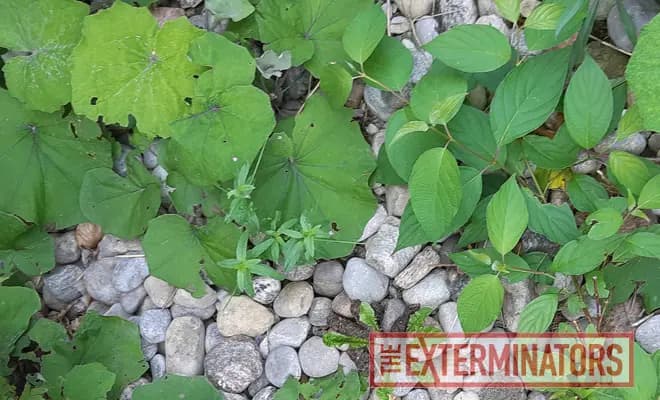When you have a raccoon problem, you probably need to do more than just get rid of the animals. It also means cleaning up the mess they make, which includes their waste. Raccoon poop can be bad for your health because it can spread diseases and bugs. To protect the health of your family and dogs, make sure you clean up and get rid of things safely.
Why is it important to clean up raccoon poop?
- Pathogens that are bad for both people and animals can be found in raccoon feces, also called droppings. Here are some of the main reasons why you should clean up raccoon poop:
- Disease Spread: Raccoon poop can contain diseases like the raccoon roundworm (Baylisascaris procyonis), which can affect people and other animals if they eat or breathe it in.
- Parasites: Fleas, ticks, and mites may be in feces and can be spread to your home and pets.
- spots and Bad Smell: Raccoon poop can have a bad smell and leave spots on surfaces that are hard to get rid of.
Safe Ways to Clean Up:
It’s important to put safety first when cleaning up raccoon poop. Here are the steps you need to take:
- Gear for safety: Put on the right safety gear before you start cleaning up. This should include disposable gloves, a mask, and safety glasses to keep people from coming into direct touch with or breathing in contaminants.
- Air flow: Open windows and doors to let fresh air flow through the area and lower the percentage of airborne particles.
- Do not disturb feces: Avoid coming into touch with raccoon poop as much as possible. Do not put your bare hands on it.
- Make poop wet: Use water or a blend of water and bleach (1 part bleach to 10 parts water) to spray the poop. So, dust and other particles don’t get into the air.
- Use one-time-use tools: To pick up and get rid of the poop, use single-use items like paper towels, rags, or scoops.
- Getting two bags: Put the poop and anything else that is dirty in a plastic bag. Close it up tight. After that, put this bag inside of another plastic bag to make two layers of safety.
- Throw away: Follow the rules in your area for getting rid of the bags that hold poop. In some places, there may be specific rules about how to get rid of dangerous things.
- Clean and germ-free: Use the right disinfectant to clean and sanitize the damaged area completely. Things that may have touched raccoon poop should be looked at very carefully.
- Clean your hands and clothes: Take off your safety gear and throw it away properly after cleaning up. Use soap and hot water to clean your hands and clothes well.
- Get help from a professional: If the problem is big or you don’t feel safe cleaning up raccoon poop on your own, you might want to get help from a professional. Professionals who get rid of wildlife can clean and disinfect the damaged areas in a safe and effective way.
Stopping Future Infestations:
Do what you can to keep raccoons from coming into your home so you don’t have to clean up their waste in the future. This means making your home safe by sealing off entry spots, putting up barriers that raccoons can’t get through, and getting rid of any food sources they might find.
Cleaning up raccoon poop is an important part of getting rid of raccoon problems. It’s important to be careful when doing this job and to use the right safety gear and clean up safely. For the safety and health of your family, it’s best to talk to experts who specialize in wildlife removal and cleanup if you don’t know how to handle the cleanup or if the infestation is big.
We offer guaranteed raccoon removal services in Newmarket using proven and tested methods. Raccoons are very intrusive wildlife animals that have the habit to break and enter properties by using several techniques We specialize in removing raccoons from primarily attics, chimneys, decks, and more
